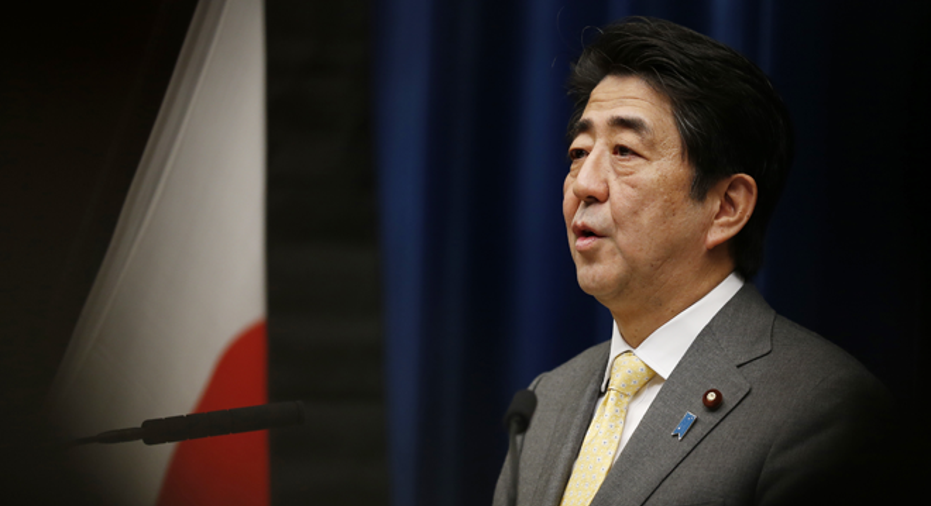Is Abenomics Working?

For the first half of 2013, Prime Minister Shinzo Abe’s three-pronged attack to spark sustainable growth in Japan seemed to be working. Japanese exporters rejoiced as the yen lost about a quarter of its value against the dollar, while GDP cranked past 4%, leading all G-7 nations. Meanwhile, the Nikkei 225, Japan's benchmark stock-market index, surged 57% -- it's best performance in more than 40 years.
Abenomics jolted Japan’s zombie economy out of a two-decade long trance, and the economy was off and running. But while it looked good on the surface, there were giant potholes on the road to recovery.
Japan's economy expanded by a meager 0.2% in the final quarter of 2013, and GDP for the entire year fell to a much more modest 1.5%.
On the upside, it still represents the best economic performance in three years for the island nation. But the initial surge created by Abenomics clearly faded in the second half of the year. That’s not to say the economic policies are failing, but there are some troubling warning signs.
Rapidly rising energy bills are not helping, and can be blamed on the shutdown of its nuclear reactors following the Fukushima crisis. Japan is resource poor, which means nuclear power accounts for about a third of the country’s energy, while a weak yen makes imported energy even more expensive.
Added to the list of concerns is a widening trade imbalance in the nation due to tepid exports. The latest report shows Japan’s trade imbalance is widening because of weak exports, and disappointing growth of Japanese goods overseas.
The question now is whether Abenomics can overcome these hurdles, and whether fiscal stimulus, monetary easing and structural reforms can help lift the economy out of the quagmire.
There are plenty of naysayers who complain the touted economic growth, private investment and structural reforms have yet to materialize. Even more concerning is the specter of a sales tax hike to 8% from 5%, aimed at reducing the massive deficit. The concern there is that it could help the deficit while derailing consumer spending.
To try and offset the impact of the tax hike, Japanese lawmakers unleased a $50 billion stimulus package, and the prime minister is urging companies to raise wages in order to help consumers handle higher prices for ordinary goods.
As the Bank of Japan meets this week, it has plenty to consider. It must weigh the knowledge that positive impacts of massive monetary easing and a weak yen might be waning, against the odds that the only solution could be more of the same.



















